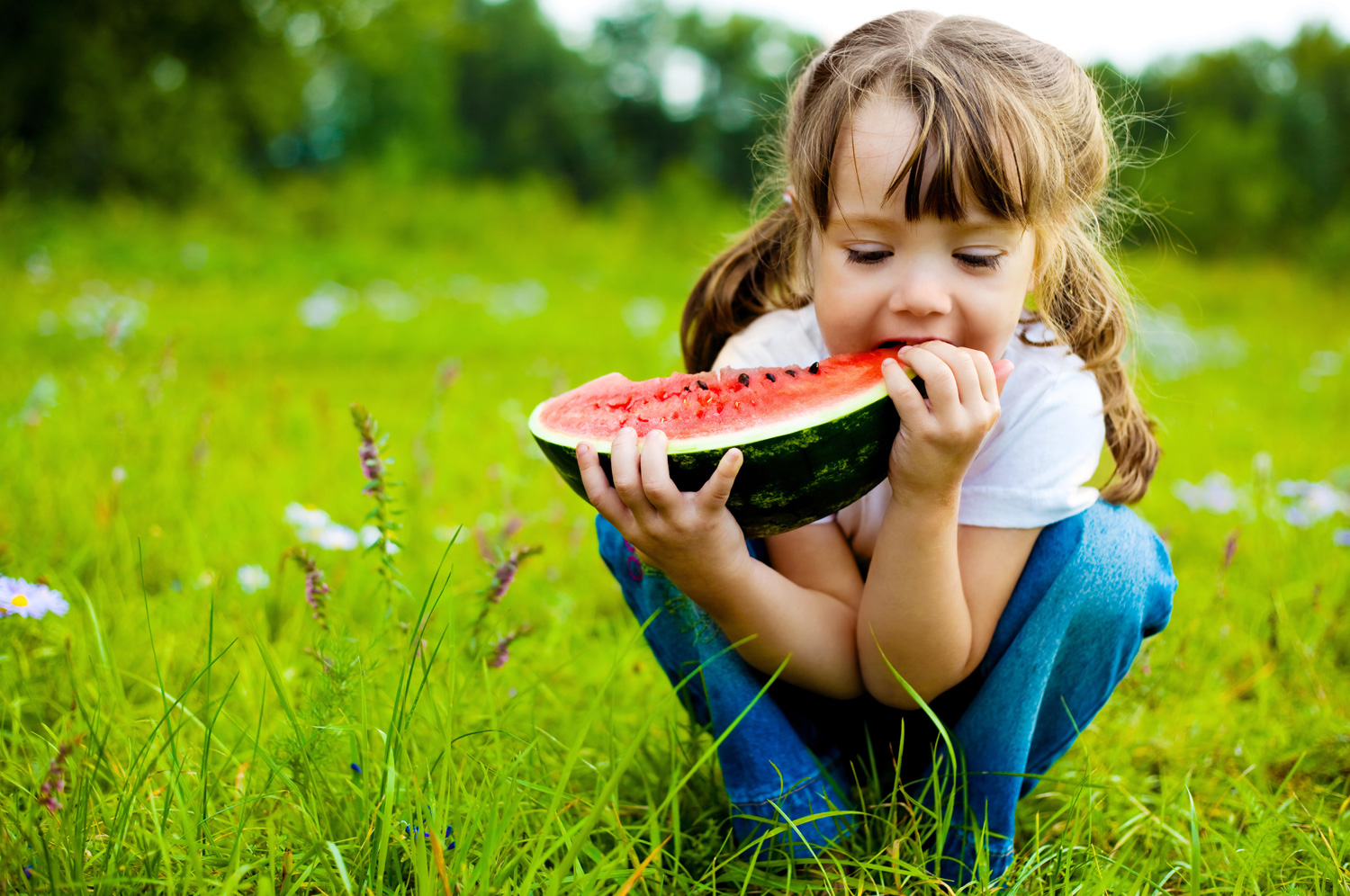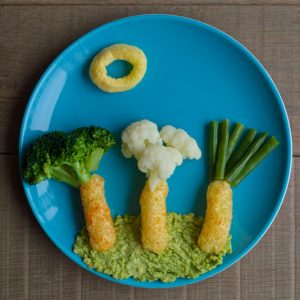

115 Lethbridge St, Penrith
(02) 4729 5100

To give your child the nutrition they need for health, growth and development, it is fundamental to choose from a wide range of foods from the five food groups.
The five healthy food groups are vegetables, fruit, grain foods, dairy and protein.
Find out more about the food selection in the five groups view the Australian Guide to Healthy Eating.
Most families eating our western diet struggle to get enough vegetables. Fruit and vegetables contain important nutrients like fibre and vitamins. Children can be fussy with this food group so try to choose fruit and vegetables of different colours, textures and tastes – the more variety there is, the more likely it is your child will find something that they like to eat. For younger children, simple arrangements of the fruit and vegetables on their plate (eg. make a happy face or animal shape) can get them excited about eating their vegetables.
If your child is hungry between meals, encourage healthy snacks like:
Some children do have issues with food allergies and intolerance, which can affect their overall health and development. If you are concerned that a food allergy or intolerance could be affecting your child, make an appointment with your family doctor to discuss your concerns.
Get your child interested in food by creating a healthy food environment and including them in food choices and preparation. You can ask your child to help with the shopping and meal planning. Children love to cook, so as soon as they are ready you can teach them some simple recipes for healthy meals.
Eating healthily yourself will reinforce your child’s healthy eating habits. They learn from you and the best way to teach them is by example.
TIP: Avoid using treats as rewards – using treats for behavioural or emotional reasons does not support the development of healthy eating habits.
Reading food labels is the best way to know how healthy a product is. The fewer the ingredients in a packaged food the better and remember to check the fat and sugar content of the food as this will guide you to making better product choices.
Visit eatforhealth.gov.au for more information on how to understand food labelling.
Limit unhealthy food options in your home and reconsider fast food meal options. Fast food is a quick and easy solution to a meal but not a healthy choice, they are often high in salt, saturated fat and sugar, and low in fibre and nutrients.
A packed lunch from home is often a healthier option than buying from the school canteen. But if your child wants to use the canteen, encourage them to make healthy choices.
Sweet drinks are often filled with sugar or artificial sweeteners and colours, which contain no nutritional benefit to your child. Consumption of sweet drinks in excess is linked to poor health, weight gain and tooth decay. Water is the best choice for children over 12 months old.
Providing a healthy and balanced diet is important for your child’s growth and development. With a few simple changes and a positive attitude toward healthy food choices you can make a big difference to your child’s nutrition and relationship with food. If you are concerned about your child’s eating habits or development, make an appointment with one of our doctors at Tindale Medical Hub to discuss your concerns.
References:
https://www.rch.org.au/kidsinfo/#tab-a
https://raisingchildren.net.au/teens/healthy-lifestyle/healthy-eating-habits/healthy-eating-habits-teens
https://www.rch.org.au/kidsinfo/fact_sheets/Nutrition_older_children/

